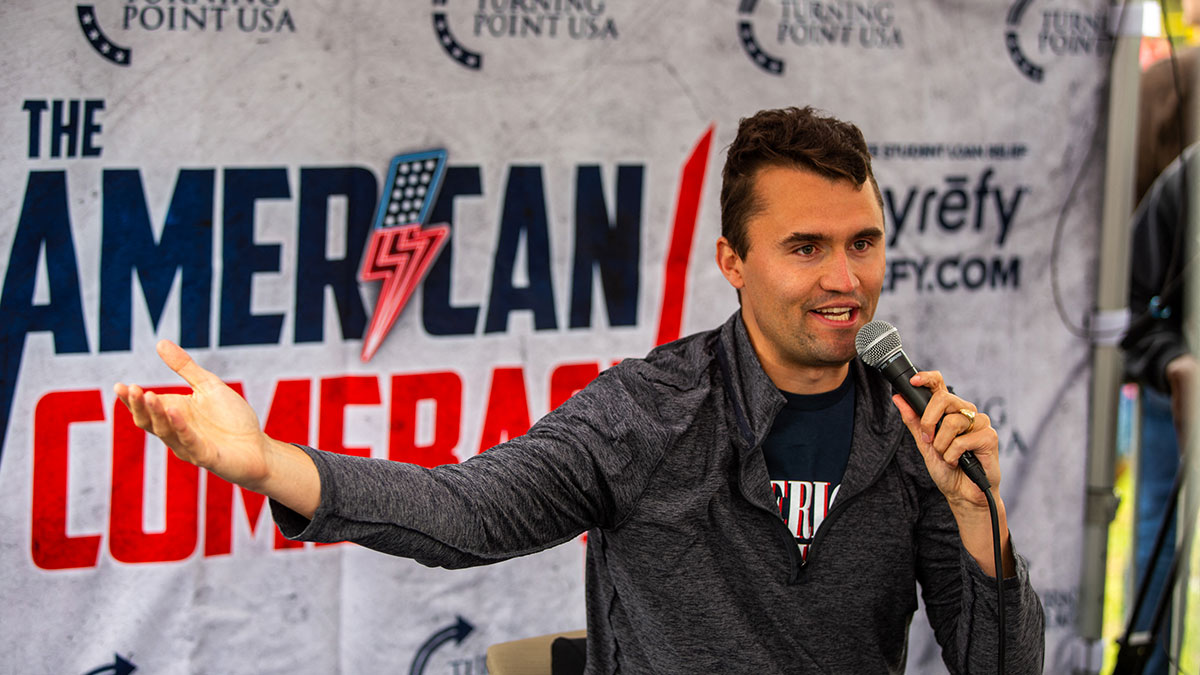
City Journal Audio
City Journal is America’s premier source of insightful policy analysis, sophisticated cultural commentary, and bold investigations that legacy journalists are too timid to touch. From incisive interviews to lively panel discussions, our podcasts extend CJ’s trademark rigor and wit beyond the written page to the dynamic world of streaming audio.
/ Listen today.The Spotlight
America’s southern neighbor confronts metastasizing violence and institutional corruption that threaten its future.

After the Reagan Airport disaster, will we finally reform the FAA?

Linguistically inventive, socially prescient, and philosophically profound, A Clockwork Orange comes close to being a work of genius.

Only a free America could have fought for global freedom.

The French writer’s novels have foretold coming catastrophes with uncanny prescience—and his ambivalence toward modernity has much to teach us.

The assassination of Brian Thompson does not call for a “conversation” about health care—it calls for a reckoning with Americans’ moral breakdown.


“The Machine Stops,” a 1909 short story by E. M. Forster, uncannily imagines our technology-dependent world—and what might happen when the tech breaks down.

After the pandemic, Americans should never let public-health authorities deprive them of their liberties.

Past generations could no more live up to present moral standards than we could live up to those of the distant future.

Identity’s triumph over argument in legal education undermines democracy.

Progressives notch another victory in their war on American institutions.






